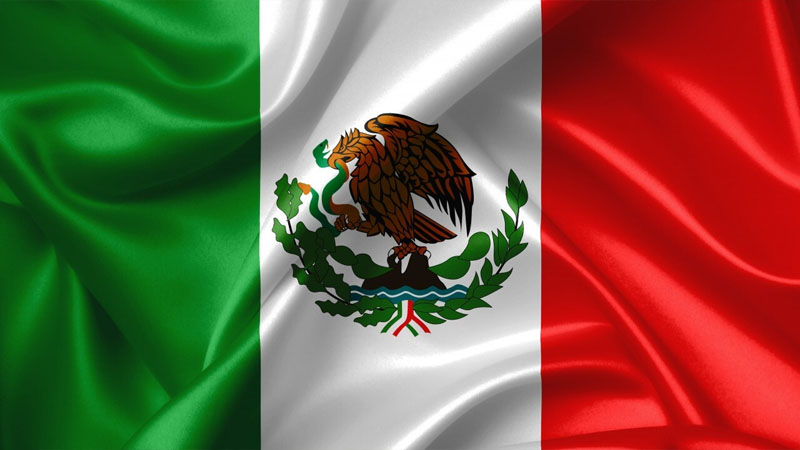Exclusive content

The coastal town of Paredoncito in Sonora, Mexico, is facing what many consider the worst shrimp season in its history. According to Maximiliano Otero, president of the Puerto Viejo de El Paredoncito Federation, the once lucrative “pink gold” has dwindled both in quantity and size.
“We believe this is the lowest production in the history of this season. We’re pulling in five kilos at best, while the luckiest manage between six and ten kilos,” said Otero. This sharp decline is a stark contrast to past seasons, where shrimpers could rely on steady hauls to sustain their families and communities.
Fishermen Press On
Despite the grim outlook, fishermen continue to work the waters. For most, shrimping is not just a job, but a vital economic lifeline. Otero expressed the resolve of the local fishermen, even in the face of such adversity. “The fishermen are discouraged, but we have to keep fighting; we can’t give up,” he said.
The sense of urgency is palpable. As shrimp catches plummet, many in the region are feeling the financial strain. For these coastal communities, the sea has always been their mainstay, but the current crisis is testing their resilience like never before.
Broader Economic Impact
The shrimp crisis has broader economic implications for Paredoncito. Beyond shrimp, the region’s crab production has also been underwhelming, adding to the local population’s financial woes. Otero warned that if poor production continues, the economic situation for the area’s inhabitants could become even more precarious.